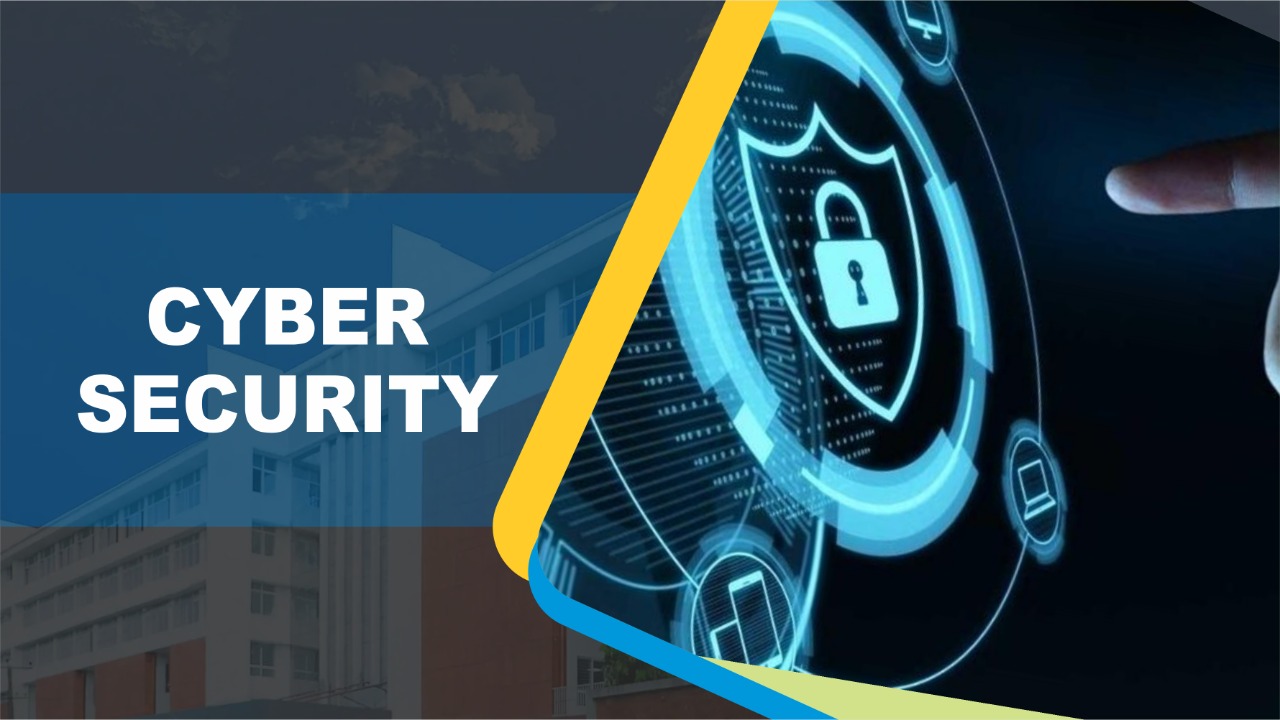In this blog post, we will delve into the realm of alternative learning experiences and how they empower students through flexibility in the education system. Discover how schools and districts in Washington are embracing alternative learning experiences to provide students with a customized educational journey that caters to individual needs and preferences.
Understanding School District Initiatives
How are school districts in Washington implementing alternative learning experiences to enhance student education and engagement? Explore the requirements and benefits of such initiatives under RCW guidelines.
Alternative learning experiences offer students the opportunity to enroll in courses that align with their interests and learning styles, providing a more personalized academic experience. By partnering with external organizations and academic institutions, school districts can expand the offering of alternative learning courses to meet the diverse needs of students.
Compliance and Regulatory Requirements
What are the adherence standards and regulatory requirements that school districts must adhere to when offering alternative learning experience courses? Learn about the importance of ensuring academic adherence while maintaining flexibility for students enrolled in these programs.
It is essential for school districts to establish procedures that address observance with state guidelines while delivering alternative learning experiences. By conducting monthly progress evaluations and reporting on student progress, districts can ensure that students are meeting educational requirements effectively.
Enhancing Student Learning Plans
How do schools develop written student learning plans that cater to the individual needs and goals of students in alternative learning programs? Explore the process of creating customized learning plans that promote student success and academic progress.
Student learning plans outline the educational objectives, assessment methods, and instructional strategies tailored to each student’s unique requirements. By identifying areas for growth and intervention, educators can design comprehensive learning plans that support student development throughout the school year.
In Washington state, enrollment in alternative learning experiences is governed by specific chapters that outline the material and curriculum requirements for students. Educators design tailored kindergarten programs that allow students to actively participate weekly in their scheduled learning journey and document their progress effectively. In cases where students need to transfer between academic settings, it is crucial to ensure continuity in basic education to support their academic growth and development. By following established guidelines and documenting student participation in various educational activities, schools can facilitate a smooth transfer process while maintaining the quality of basic education provided to each student.
Partnering for Success in Alternative Learning
What role do partnerships play in enhancing the quality and diversity of alternative learning experiences for students? Discover how to contact us for collaborations with certificated teachers, educational experts, and community organizations contribute to the success of ALE programs.
Partnerships between schools, districts, and external entities enrich the academic experience for students enrolled in alternative learning programs. By delivering instruction outside of regular classroom settings and providing in-person support when needed, partners can ensure that students receive a well-rounded education that meets state standards.
Conclusion: Key Takeaways
- Alternative learning experiences empower students through flexible academic opportunities.
- Compliance with regulatory guidelines is crucial for the successful implementation of ALE programs.
- Partnerships enhance the quality and diversity of alternative learning experiences for students.
This blog post highlights the value of alternative learning experiences in empowering students to take control of their education and pursue personalized learning paths that align with their interests and goals.






